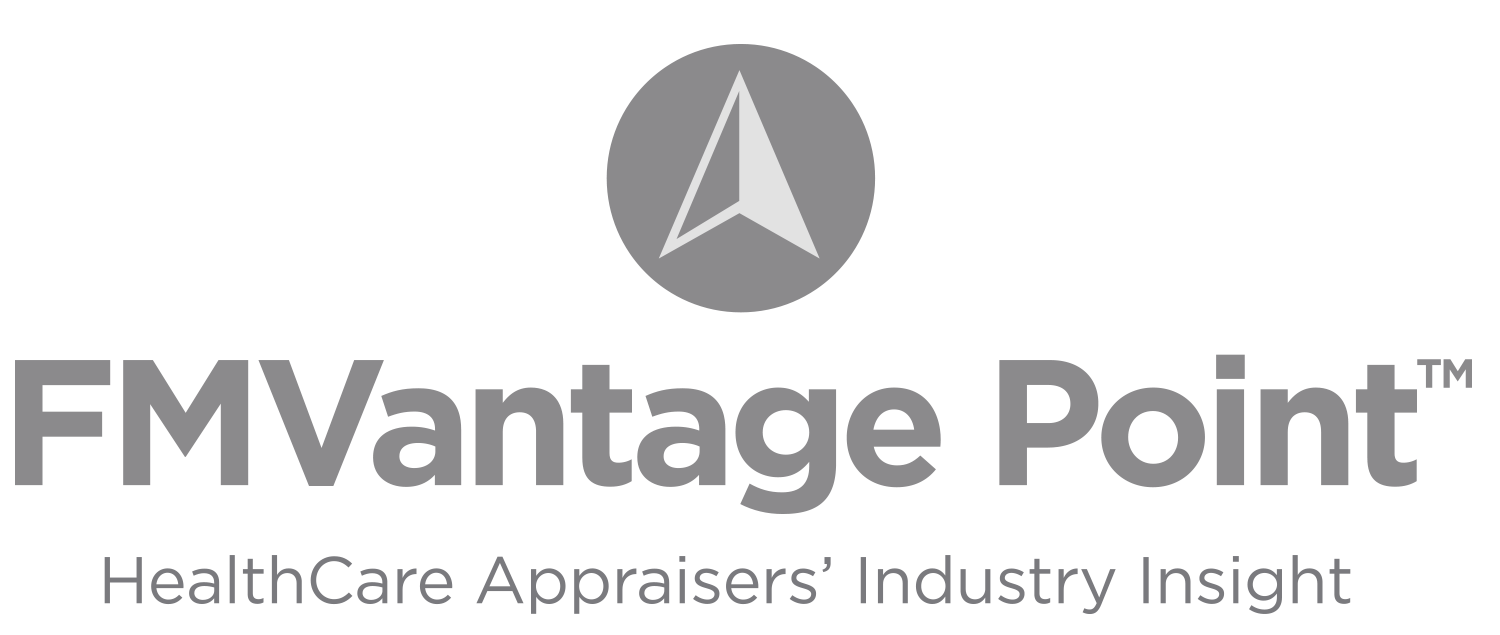As the general population continues to outpace the number of practicing physicians in the United States[1], the way healthcare is delivered will continue to evolve to meet demand. One such paradigm shift in healthcare delivery has been an increased utilization and integration of advanced practice professionals (“APPs”). In fact, the number of graduating nurse practitioner students in the United States was estimated in 2017 as 28,000, a more than three-fold increase over the prior decade.[2] While most nurse practitioners have completed formal education and training in primary care[3], certain specialty areas, including surgical specialties such as orthopaedics, have seen an uptick in APP utilization within both the inpatient and outpatient settings.[4]
An increasing share of Medicare reimbursement models and most commercial insurers now provide reimbursement for surgical procedures based on a global surgical package, with up to a 90-day postoperative period. According to CMS, the global surgery payment includes, among others, pre-operative visits, intra-operative services, and post-operative follow-up visits.[5] As a result of the increased prevalence of APP utilization within each of these healthcare delivery areas, it is important to consider the potential impact on physician remuneration for regulatory compliance purposes.
In particular, physician utilization of APPs in the context of Part B services covered by global surgical periods may have the unintended effect of misaligning physician compensation and work effort. Such a situation may arise, if, for example, a physician utilizes an APP that he or she is not financially responsible for and either (i) bills independently for Part B services, or (ii) as an employee, is paid based, in whole or in part, on productivity such as work relative value units. Under both hypothetical scenarios, resulting compensation to the physician may actually be for less than 100 percent of the work effort assumed for such compensation.
FMV PITFALL
There are instances whereby adjustments to physician compensation for APP utilization in the context of services paid under a global surgical package may be warranted, and the determination of whether to apply an adjustment requires careful review of the particular facts and circumstances. If it is determined that an adjustment should be considered, it is important to accurately calculate the applicable adjustment for regulatory compliance. HealthCare Appraisers has extensive experience in evaluating physician compensation, and can help guide your organization through this often overlooked area, which has the potential to become more prevalent as APP integration continues to expand.
[1] There is estimated to be a shortage of up to 139,000 physicians by the year 2033. New AAMC Report Confirms Growing Physician Shortage (June 26, 2020), https://www.aamc.org/news-insights/press-releases/new-aamc-report-confirms-growing-physician-shortage.
[2] Edward Salsberg, Changes in the Pipeline of New NPs and RNs: Implications for Health Care Delivery and Educational Capacity, Health Affairs Blog (June 5, 2018), https://www.healthaffairs.org/do/10.1377/hblog20180524.993081/full/.
[3] Nurse Practitioners in Primary Care, https://www.aanp.org/advocacy/advocacy-resource/position-statements/nurse-practitioners-in-primary-care (last visited Jan. 27, 2021).
[4] Spence BG, Ricci J, McCuaig F. Nurse Practitioners in Orthopaedic Surgical Settings: A Review of the Literature. Orthopaedic Nursing. 2019;38(1):17–24. Available at https://www.ncbi.nlm.nih.gov/pmc/articles/PMC6519774/.
[5] CMS Global Surgery Booklet (Sept. 2018), available at https://www.cms.gov/outreach-and-education/medicare-learning-network-mln/mlnproducts/ downloads/globallsurgery

